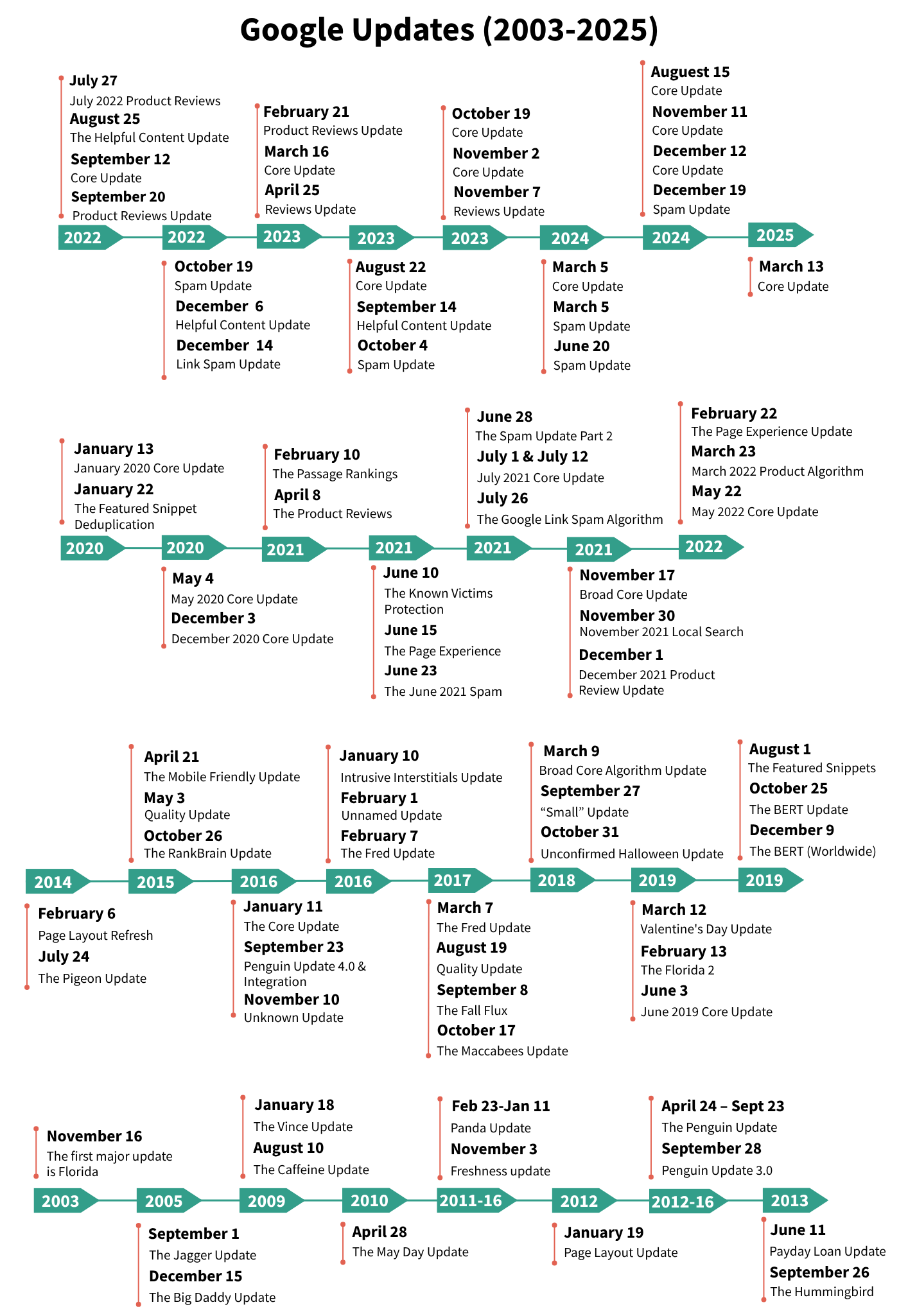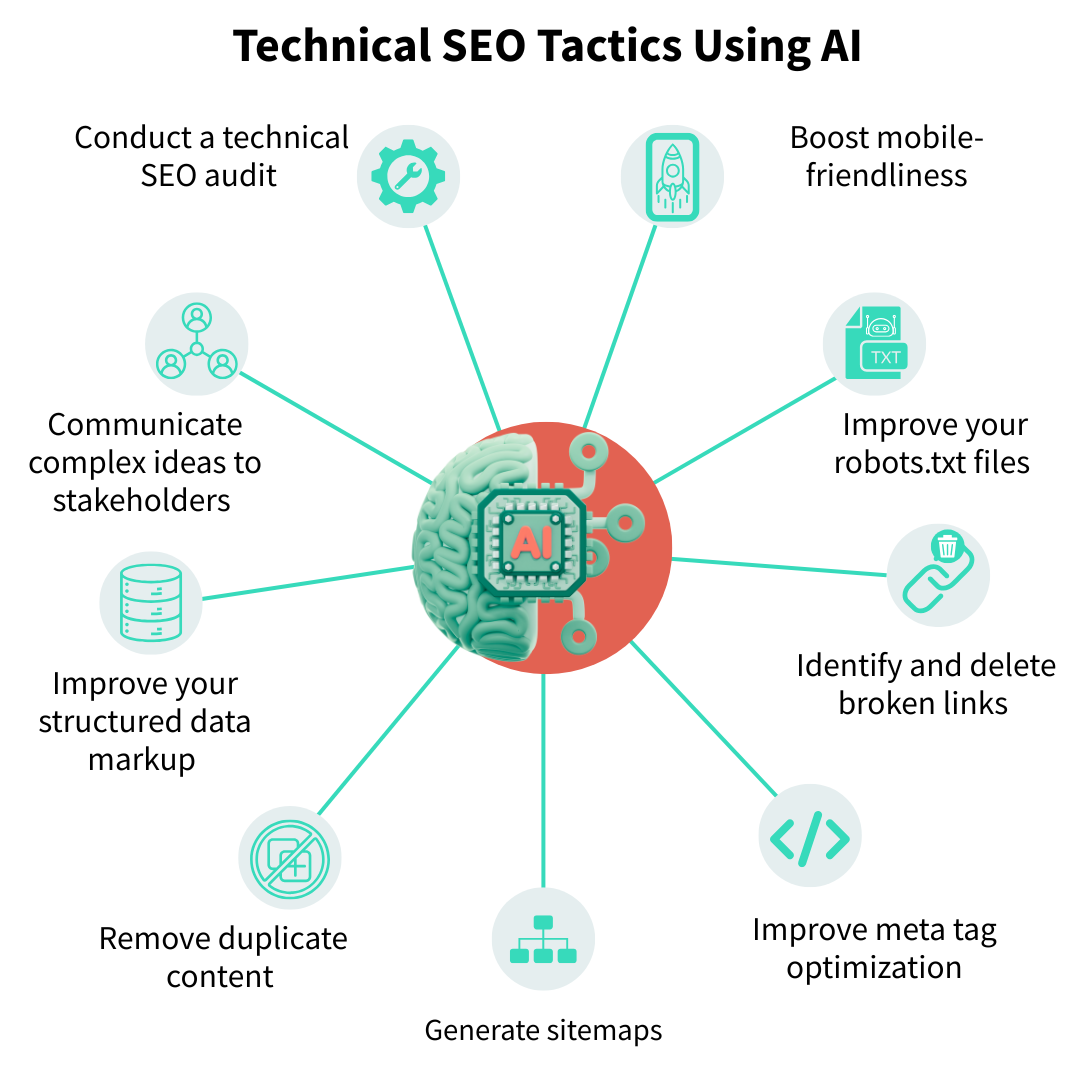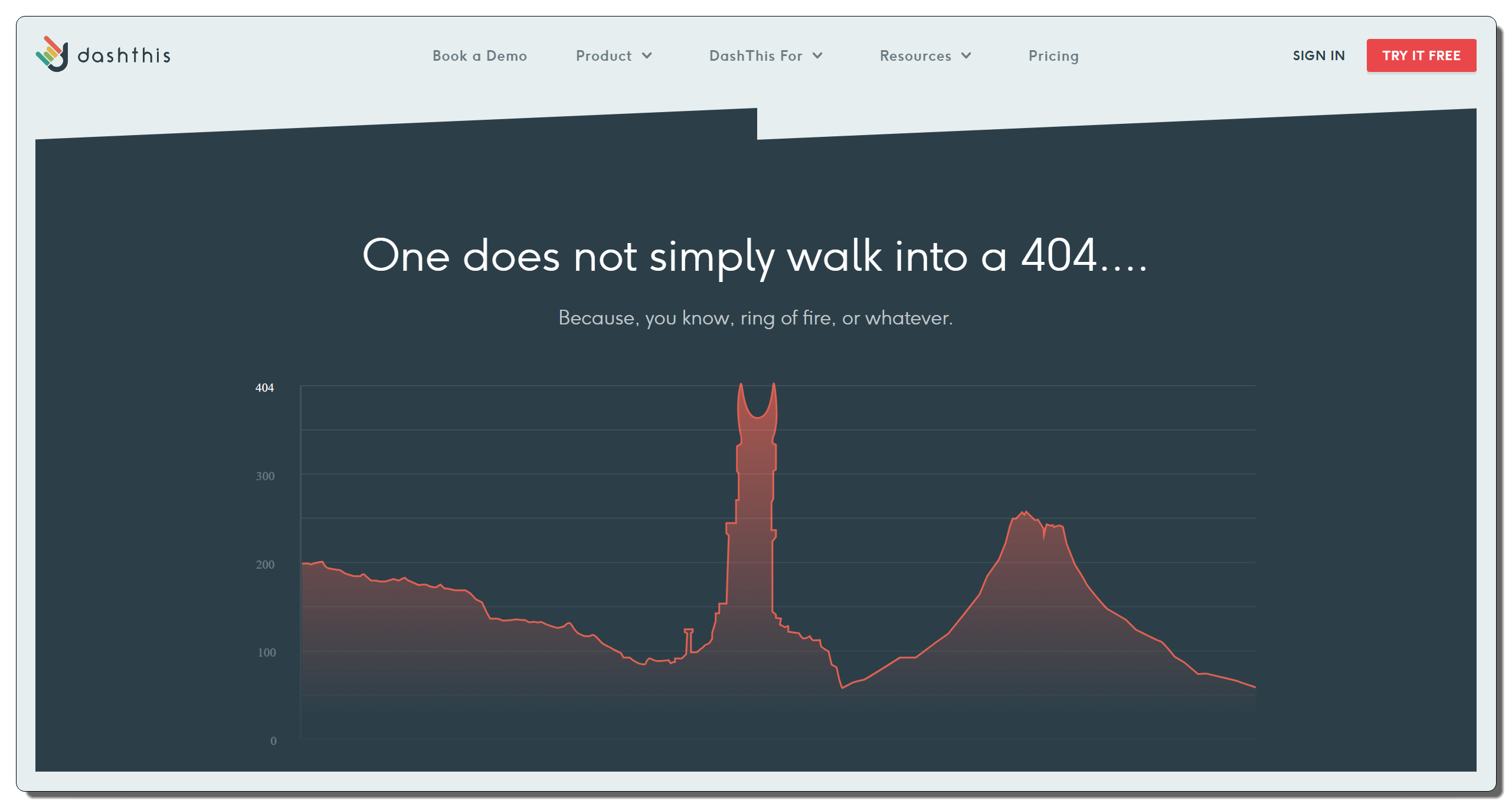How to Improve Technical SEO Using AI (Proven Tactics)

The SEO landscape is constantly re-inventing itself. Unpredictable algorithm changes, new quality standards, and shifts in search behavior can make it difficult to keep up. That’s why many organizations are looking to artificial intelligence as a potential solution.
In fact, you may already be using AI as part of your on-page and off-page SEO strategy for keyword research or backlink building. Using AI for technical SEO is a natural continuation of this.
But where should you get started? In this article, we’ll dig deep into how technical SEO using AI works. We’ll explore some proven tactics that can power you toward success.
Table of contents
- How can AI help with technical SEO?
- Tactics for technical SEO using AI
- Can AI handle SEO on its own?
- What will the future of AI in technical SEO look like?
How can AI help with technical SEO?
Wondering how AI can improve your technical SEO strategy? Here’s an overview of some of the ways it can help.
Monitoring website performance
Search engines such as Google look for websites that can guarantee high-quality user experiences. AI can monitor critical areas such as server response time, page speed, and other key aspects. It can recommend potential improvements to boost user experiences and boost SEO traffic.
Predict algorithm changes
As we’ve established, algorithm changes can come at any time. In 2024, there were seven official algorithm updates. In 2023, there were nine.

AI can help you cut out the guesswork using historical trends to predict future changes. This way, you can stay ahead of the curve and be more prepared when updates arrive.
Automate sitemap generation
Search engines rely on sitemaps for proper indexing. But creating sitemaps manually leaves room for error. AI can be used to generate sitemaps for you, ensuring you don’t miss any website elements. It can be programmed to create regular updates so that new pages are added as they are created.
Conduct website audits
Regular SEO audits are important for ensuring your strategy is on track. But manual audits take time and resources. AI can handle this process much more quickly. It can assess areas such as mobile-friendliness, analyzing on-page elements, and listing technical errors. At the end of the process, you’ll have a comprehensive report to help improve your SEO tactics.
Help with structured data markup
Adding structured data makes web pages more engaging for users scrolling the SERP. The right markup can increase the likelihood of a user visiting a page. AI can suggest areas where structured data can be used effectively. It can also provide suggestions to ensure that data is presented effectively.
Tactics for technical SEO using AI
Here’s a technical SEO checklist of tactics to help get you started.

Conduct a technical SEO audit
Before you can get to work on any AI-driven technical SEO strategy, it’s important to clarify an overall objective. A technical SEO audit can identify areas where you should focus your overall strategy. It’ll help identify issues such as broken links, slow site speed, and crawling errors. You can consider using tools like Moz for this purpose.
Below, we’ve listed some top tips for using AI in your technical SEO audit:
- Use real-time insights to identify issues more quickly - Normally, during a manual audit, you’ll need to examine pages of your site to find errors. By the time you locate an issue, it may have already done lots of damage. AI can carry out SEO reporting and alert you as soon as new issues, such as markup errors, occur. Some advanced AI solutions even integrate with email finder capabilities, helping you identify and reach out to site owners when you discover broken backlinks that need fixing.
- Use advanced reporting capabilities to better understand issues - AI can be instructed to provide reports and visualizations analyzing your technical SEO. These make auditing insights more digestible. They’ll also be easier to share with teammates.
- Use AI to audit product pages - An e-commerce website that manages large volumes of products can quickly run into issues. Broken links are a common problem here. Checking each page individually can take hours. AI can handle this task in a matter of minutes and provide a detailed list of issues.
Communicate complex ideas to stakeholders
At the end of your SEO audit, you should have a full list of issues with your current setup, as well as clear objectives for dealing with them. But before you can proceed, it’s important to get buy-in from stakeholders and other members of your team. Without the right approach, however, you may get off to a rocky start.
It’s important to remember that not all stakeholders will understand complex SEO terms. Luckily, AI can help you to adjust your language so that your message is accessible to everyone.
Before sending an email or delivering a presentation, have ChatGPT analyze your text. Ask it to identify technical SEO terms that might be difficult to understand and offer some alternatives. There are plenty of ChatGPT SEO plugins that specifically help with SEO analysis. Consider using these to refine your message.
Strong buy-in ensures a more engaged and enthusiastic team. With everyone ‘firing on all cylinders’ you’re much more likely to have a successful outcome.
Improve your structured data markup
We’ve mentioned the importance of AI in improving your structured data. Early in your strategy, look at how technical SEO using AI can be used to increase the search visibility of your site.
For example, you might use AI to generate a markup schema for product pages. Try to be specific with your prompts and provide as much information as possible. This way, you have a stronger chance of building a more informative markup that users will respond to.
Remember that generative AI isn’t perfect. Always read generated content and look for any errors or inaccuracies. You can always have the tool generate different content if you’re not happy with the end result.
Remove duplicate content
Duplicate content can cause lots of issues for websites. Firstly, it’s unnecessary content that takes up server space. Too many instances of duplicate content can slow down your site and damage user experiences. Duplicate content also confuses search engines and causes webpages to be ranked less highly.
Often, it can be difficult to keep tabs on duplication. This is especially true for large websites with thousands of pages, where it becomes impractical to look at each page individually.
AI tools can automate the process, identifying duplicate content in a matter of minutes. Unlike other tools designed to spot duplicate pages, it’s also capable of finding near-identical content, such as articles with slightly altered sentences.
Generate sitemaps
As mentioned, a complete XML sitemap is crucial for search engines to index websites correctly. As the site grows larger and adds new functionalities, though, it's easy for your map to be overlooked. This could mean important pages aren’t being indexed, damaging their SERP ranking.
AI represents an alternative to the time-consuming approach of manual site mapping. Creating a sitemap with AI can be as simple as entering your website’s URL into your chosen tool and hitting ‘start.’ This approach is also generally much more accurate. Unlike humans, AI won’t make a mistake, it’ll carry out tasks as it has been programmed.
The right solution can also ensure a more efficient approach compared to manual map creation. AI can scan your site and apply a particular priority to certain pages. This way, search engines will know that these pages are more important to you.
Improve meta tag optimization
Meta tags are descriptions seen by users when they encounter your website in the SERP. They act as a preview of what a user can expect to see when they click on a page. The more informative and well-written they are, the more likely a user will visit a page.
But writing an effective meta description filled with high ranking keywords can take time. This is especially true when you operate a site with a large volume of pages, where creating a tag and description for every page is difficult.
Consider how AI can play a role in crafting your meta tags. With the right tools, a user simply has to input relevant keywords alongside page content – AI will do the rest. In seconds, you can generate a tag and description.
Identify and delete broken links
Broken links can be very frustrating for users, preventing them from easily navigating your site. They’re equally damaging to your SERP ranking – search engines view them as a signal of poor equality. Too many broken links can quickly become detrimental to your overall SEO strategy. But spotting these errors before they do too much damage is tricky.

AI can scan your site and provide a list of errors. Some tools can also be set up to alert website owners about broken links as soon as they occur. This cuts out the legwork so you can focus on other, more valuable tasks.
Improve your robots.txt files
Robots.txt files are crucial for indexing purposes and ensuring search engines know which pages to crawl. But creating these files manually isn’t easy. It requires a full understanding of how your site is structured, which pages are important, and which pages you want a search engine to avoid. What’s more, even a simple error, such as using the wrong case, could stop the code from working properly.
Luckily, you can have AI handle this process for you. It can scan your site, understand its structure, and create files that align with your overall SEO objectives. A process that would take a human many hours is handled by AI in a matter of minutes. AI-made robots.txt files are also likely to contain fewer errors and operate more efficiently.
Boost mobile-friendliness
In 2024, mobile users comprised 62.4% of all website traffic. With so many users now accessing sites via their cellphones, your site must be mobile-friendly to provide the best experience.
Your SEO success is also partly decided by whether your website is accessible to mobile users. Search engines such as Google now operate a ‘mobile-first’ indexing policy. Your site’s ranking will be penalized if it doesn’t cater to these users.
You can use AI to evaluate your site’s mobile friendliness. It will assess whether you provide a touch-friendly design, page speed, and other factors. It will also provide suggestions for how you can optimize your site.
Can AI handle SEO on its own?
AI is an extremely handy tool. As with any tool, though, it’s only effective if it's used correctly. It’s wrong to treat AI as a one-stop solution for all your SEO needs. Critical thinking, previous experiences, and the ability to create an effective strategy are all skills that AI doesn’t currently possess.
Instead, think of technical SEO using AI as a way of enhancing your strategy. At the end of the day, SEO is all about adapting. Introducing AI to the mix is no different.
What will the future of AI in technical SEO look like?
Obviously, we don’t have a crystal ball to see into the future. Developments arrive every day, introducing new, previously unthought-of capabilities. That said, there are some indications of how future technical SEO using AI might work. These include:
- Hyper-personalization - Future AI developments as part of e-commerce AI may enable businesses to deliver more targeted experiences than ever. For example, an e-commerce site might offer unique offers based on a customer’s previous purchases. By delivering better journeys that satisfy users, sites will be able to climb higher in the search rankings.
- Voice search - It’s estimated that 20% of global internet users now use voice search. In the future, AI will be able to adjust website content to align with these searches.
- Predicting future trends - The way users search online is constantly changing; an increasing use of voice search is just one example. Predicting online behaviors will become much easier thanks to predictive analytics, where AI uses current and historic patterns to predict future use.
Don’t miss out on the AI revolution
AI is here to stay. And, as we’ve explored, it's capable of completing tasks more quickly and efficiently than humans. But instead of a potential threat, think of AI as an opportunity. In the right hands, it can revolutionize your SEO approach, making your website much more effective. It can take on manual tasks so you can focus on valuable strategic activities.
The future of technical SEO lies in automation, intelligent analysis, and agility exactly where AI excels. While AI can't replace human strategy and creativity, it dramatically enhances your capacity to act faster, identify issues earlier, and optimize smarter.
Ready to take your AI-powered SEO efforts to the next level? Try DashThis to automate your technical SEO reporting and centralize all your critical KPIs in one intuitive dashboard. With DashThis, you can stop wasting time on manual tracking and start focusing on what really matters: growing your traffic and ranking higher.
👉 Sign up today for your free 15-day trial and experience the easiest way to track and improve your technical SEO with AI.
Automate your SEO reporting with DashThis
Read More
Don’t miss out!
Automate your reports!
Bring all your marketing data into one automated report.
Try dashthis for free
